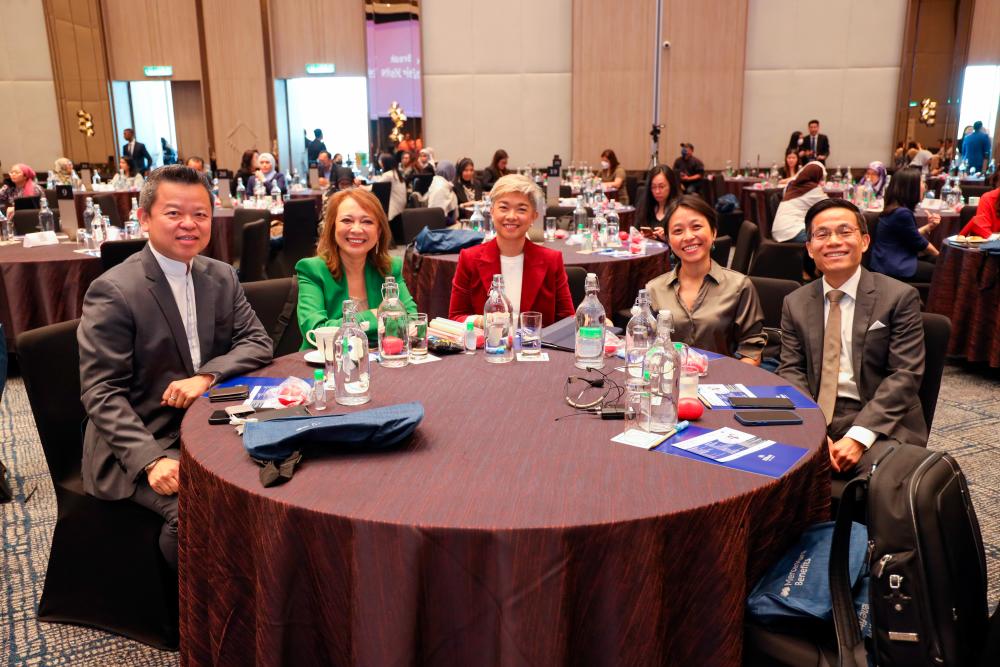PETALING JAYA: Pandemics and other communicable health conditions were ranked as the top people-related risk by Malaysian companies, followed by diversity, equity & inclusion (DEI), and succession & key person risk, according to a report by human resources (HR) consultancy Mercer Marsh Benefits (MMB).
However, fewer than three out of four (74%) Malaysian companies are addressing risks associated with pandemics and other communicable health conditions, likely due to competing priorities (37%) and organisational complexity (41%), MMB’s report People Risk: Resetting Priorities to Manage Risks for Workforce and Business Resilience found.
Malaysia’s HR professionals and risk managers agree that there are currently no effective policies, practices, environments, or communication to support a culture of employee health and well-being (69%), as well as effective pandemic preparedness measures such as remote working support and health benefits (59%). Additionally, only 61% of companies in Malaysia plan to invest in DEI over the next one to two years.
It is vital to accelerate DEI initiatives as Malaysian companies continue to face stiff competition for manpower. The war for talent in Malaysia has brought succession and key person risk to the fore.
Second lines of leadership are being poached by competitors beyond the border, resulting in talent and succession gaps within organisations. Nonetheless, fewer than seven in 10 (69%) respondents are currently addressing succession and key person risk in their organisations.
MMB leader for Malaysia Ho Mun Kiat said impactful and consistent employee communications and engagement is the key.
“As Malaysia is one of the countries that have a diverse society with a multicultural workforce, companies need to adopt a more holistic approach to develop and engage their employees, and be mindful of blind spots on the horizon – particularly around DEI and ethics which are key to attracting and retaining the talent,” he said in a statement today.
Furthermore, only 36% Malaysian organisations have remote, hybrid and other flexible working policies in place.
Ho said in comparison to the results of other countries in Asia, Malaysia's survey results showed unique findings.
“Risks associated with DEI, succession and key person risks were ranked among the top three, while Asia has cybersecurity and data privacy ranked among the top three risks,” stated Ho.
MMB Asia Pacific regional leader Joan Collar remarked that 95% of cybersecurity issues are due to human error, so reskilling and upskilling needs to be prioritised to ensure employees keep up with the technological development and changing world of work.
“A large part of human error can be attributed to employee burnout and fatigue due to ongoing pressure and anxiety caused by the pandemic, as well as antiquated systems and lack of proper cyber training,” Collar added.









